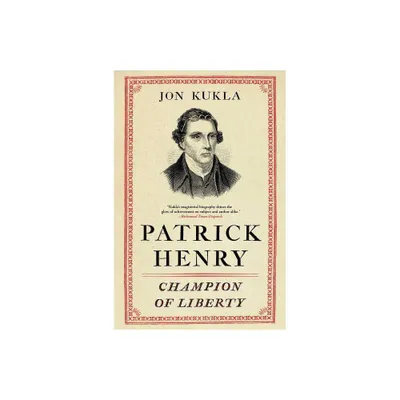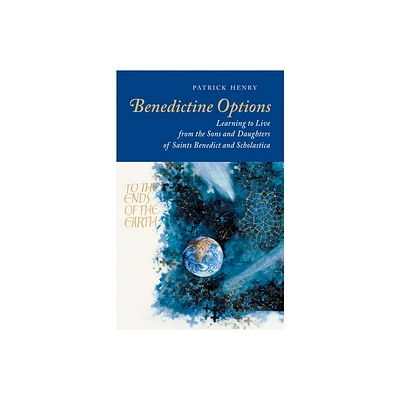Home
The Mind of a Patriot: Patrick Henry and the World of Ideas
Loading Inventory...
Barnes and Noble
The Mind of a Patriot: Patrick Henry and the World of Ideas
Current price: $24.95


Barnes and Noble
The Mind of a Patriot: Patrick Henry and the World of Ideas
Current price: $24.95
Loading Inventory...
Size: OS
*Product Information may vary - to confirm product availability, pricing, and additional information please contact Barnes and Noble
The Mind of a Patriot
presents an intellectual life of a major figure who has traditionally been seen as an anti-intellectual "child of nature." This was the view of Patrick Henry that William Wirt presented in his
Life of Henry,
and it has pervaded every biography since. Hayes presents a very different view of Henry. Starting with neglected pieces of evidence-the inventory of Henry's library-Hayes's unique perspective allows him to position Henry's life within the intellectual currents of the day. After the opening chapter, which shows how Thomas Jefferson's opinions of Henry influenced Wirt's depiction of him, the author traces Henry's life through his relationship with the world of books. Individual chapters examine Henry's education; his legal career; his use of books to improve his speaking style; his relationship to the antislavery movement; his use of books as a legislator, a farmer, and a father; and, ultimately, the place of books in his life during his waning years. In a lengthy appendix, Hayes reconstructs Henry's library, presenting a detailed catalogue of its contents.
presents an intellectual life of a major figure who has traditionally been seen as an anti-intellectual "child of nature." This was the view of Patrick Henry that William Wirt presented in his
Life of Henry,
and it has pervaded every biography since. Hayes presents a very different view of Henry. Starting with neglected pieces of evidence-the inventory of Henry's library-Hayes's unique perspective allows him to position Henry's life within the intellectual currents of the day. After the opening chapter, which shows how Thomas Jefferson's opinions of Henry influenced Wirt's depiction of him, the author traces Henry's life through his relationship with the world of books. Individual chapters examine Henry's education; his legal career; his use of books to improve his speaking style; his relationship to the antislavery movement; his use of books as a legislator, a farmer, and a father; and, ultimately, the place of books in his life during his waning years. In a lengthy appendix, Hayes reconstructs Henry's library, presenting a detailed catalogue of its contents.


















